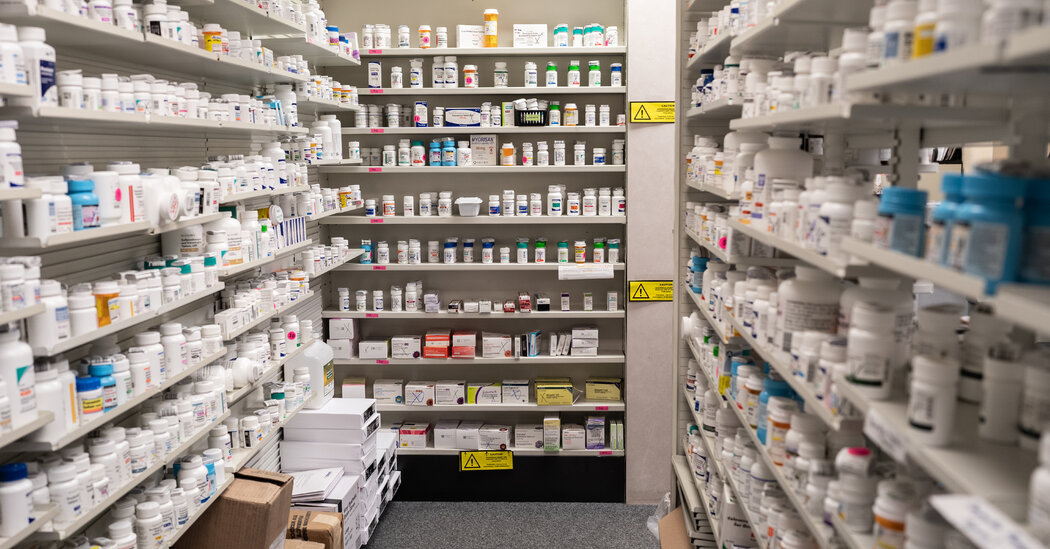
On Thursday, negotiations continued over how to finance the measure, with White House officials and congressional Democrats discussing proposals to bolster the Internal Revenue Service’s efforts to collect unpaid taxes and to increase taxes on income earned overseas by multinational American companies. Ms. Sinema, who has rejected the idea of raising individual income or corporate tax rates, indicated that she would accept enough other revenue measures to pay for a package of up to $2 trillion over 10 years — something of a breakthrough for the total cost.
To proponents, defeat after defeat on the drug pricing measure speaks solely to the power of the pharmaceutical industry and its attendant lobbyists.
But opponents say it reflects the complexity of the issue. Advanced countries with fixed government purchase prices have seen access to medicines constrained, either by drug companies or by governments that choose their preferred medications.
That could lead to a repeat of the political problems faced after passage of the Affordable Care Act, when President Barack Obama’s promise that “if you like your doctor, you can keep your doctor” proved to be untrue. Medicare recipients could find prescriptions they have long taken suddenly unavailable.
“If anyone thinks this is the easy political route for me, that’s just laughable,” said Mr. Peters, who has endured scorn and pressure from his Democratic colleagues but whose San Diego district includes almost 1,000 biotechnology companies and 68,000 jobs directly tied to pharmaceutical work.
Mr. Schrader and Mr. Peters said the House version of prescription drug price controls, tucked into the broader social policy legislation, would stifle innovation in one of the country’s most profitable global industries.
The Pharmaceutical Research and Manufacturers of America, known as PhRMA, also maintains that government negotiations would severely limit the types of prescription drugs that would be available to Medicare beneficiaries, warning that companies would simply withdraw their products from the program. With the good will the industry has accrued with its coronavirus vaccines and treatments, drug companies have pressed their case with key lawmakers, and roped in the larger business community.
